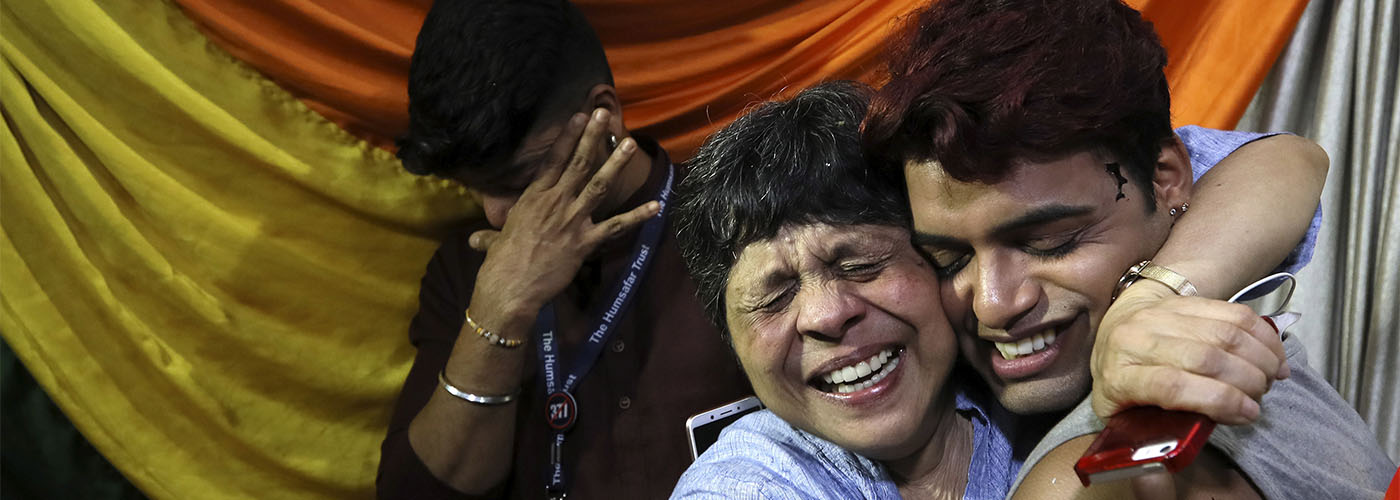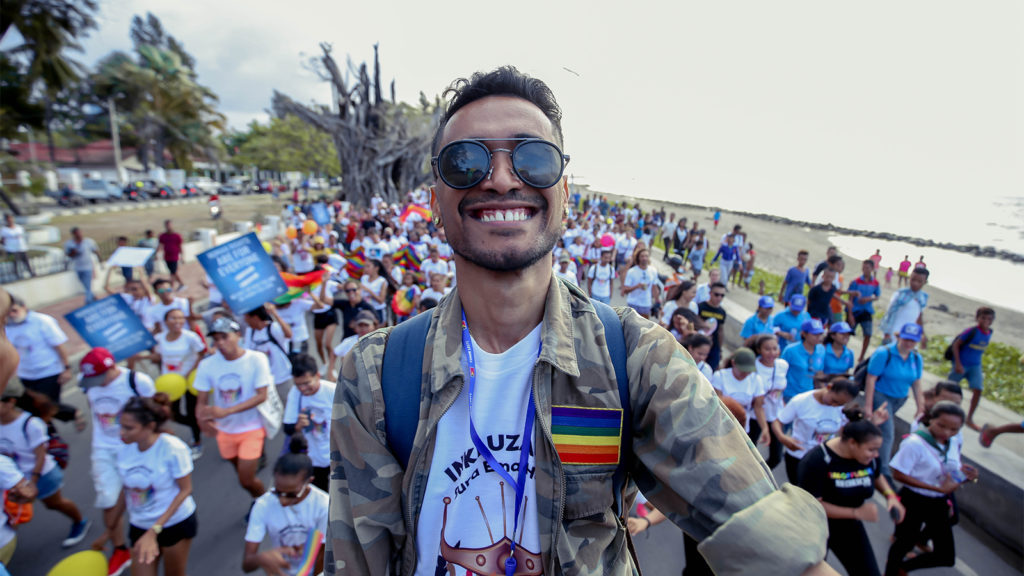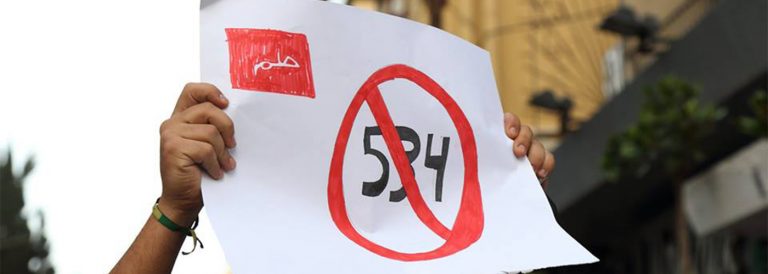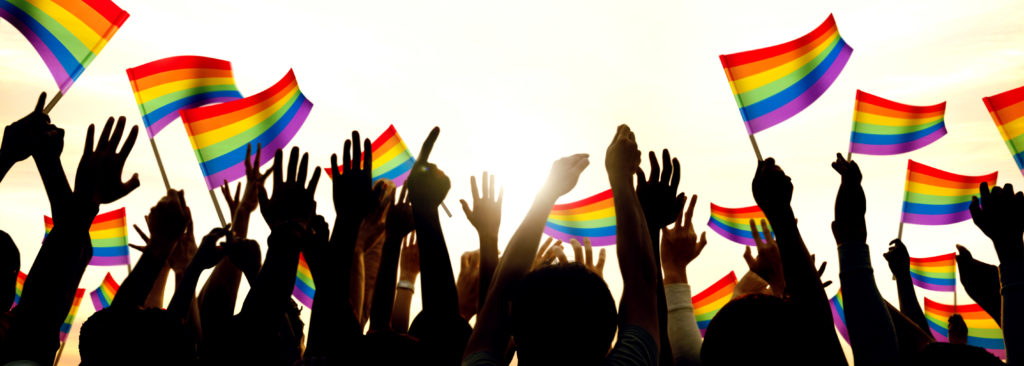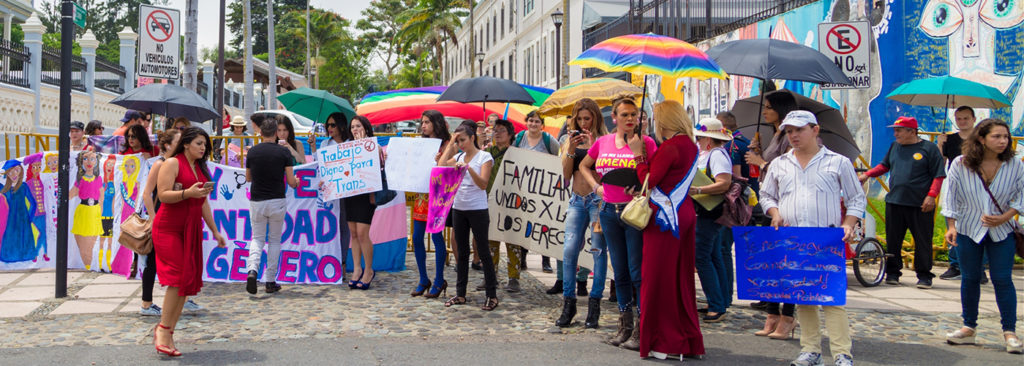“Irrational, indefensible and manifestly arbitrary” are the words used by Chief Justice Dipak Misra to describe the Victorian-era law that, until September 6 2018, criminalized same sex acts in India. While the decision was being read aloud inside the courtroom, supporters outside burst into cries of joy. The legal battle they started two decades ago had finally resulted in a victory for human rights and dignity.
The landmark ruling declares that homosexual sex is natural and that the colonial-era Section 377 of the Indian Penal Code forbidding “sexual acts against the order of nature” will therefore no longer apply to consensual sexual relations among adults in private.
Up until now, police and courts used Section 377 to criminalize same sex sexuality. While it was rarely enforced, it did form a legal basis for the exclusion and discrimination of lesbian, gay, bisexual and transgender (LGBT) persons. The current Supreme Court ruling will impact the lives of millions of Indian LGBT persons, who from now onwards are no longer illegal in their own country.
A long journey
Hivos has been part of this long journey. Since the 90s, we have supported various Indian organizations that worked to end stigma and discrimination against LGBT persons. Our work initially focused on ensuring equal access to qualitative HIV-related healthcare, since from the beginning it was clear that discrimination, stigmatization and exclusion were aggravating the HIV epidemic.
Among these partners was the Naz Foundation, the organization that instituted the original lawsuit against Section 377 in the Delhi high court in 2001. At that time, three of their staff-members were arrested under this Section and detained for several weeks just for sharing information on HIV-prevention.
The work of frontrunners like the Naz Foundation and many others has clearly contributed to this historic ruling. The court’s decision not only emphasizes the legal grounds that entitle every Indian citizen to the same rights and protection under the Indian constitution, but also the importance of self-expression and freedom. As the court stated, “The emphasis on the unique being of an individual is the salt of his/her life. Denial of self-expression is inviting death.”
“Free to be Me”
The ruling also provides a legal basis for the dignity and inclusion of LGBT persons in all spheres of life. But for this to happen, peoples’ mindsets need to change. The film “Evening Shadows” aims to contribute to this. With its non-confrontational and typical Bollywood style, the film appeals to a broad Indian public. Its makers hope it will help change the public’s view by increasing their understanding of the challenges and difficulties faced daily by LGBT persons. Because of this, “Evening Shadows” won the first Hivos “Free to be Me” award at the Pink Film festival in February 2018.
It is expected that the impact of this well-founded and momentous ruling will be felt beyond India. The arguments used by the Court can support and strengthen other pending decriminalization efforts, such as the one in Kenya.
So while we celebrate this great ruling, and congratulate all the people who contributed to this significant change, we hope it inspires other courts to follow suit.

